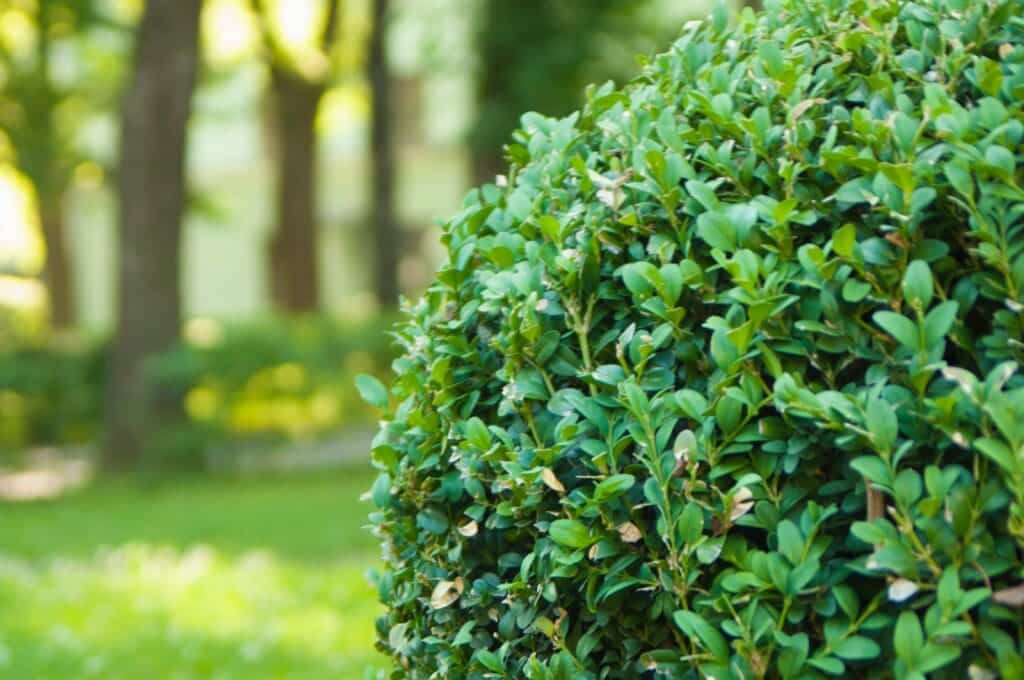In the world of gardening, the term “mini beasts” might not immediately conjure images of a lush, vibrant landscape. Yet, these small creatures play an outsized role in maintaining the health and beauty of our gardens. Promoting the presence of mini beasts in your garden can yield incredible benefits. With the recent World Bee Day and International Biodiversity Day, I thought it would be fitting to bring some attention to the biodiversity of ALL mini beasts and their benefits.
Here’s why embracing these tiny helpers can lead to a flourishing garden.
Nature’s Little Gardeners
Mini beasts, also known as invertebrates, include a variety of insects and other small creatures that play crucial roles in the ecosystem. Earthworms, for instance, are nature’s aerators. As they tunnel through the soil, they create channels that allow air, water, and nutrients to penetrate deep into the ground. This process not only improves soil structure but also enhances its fertility, creating an ideal environment for plant roots to grow.
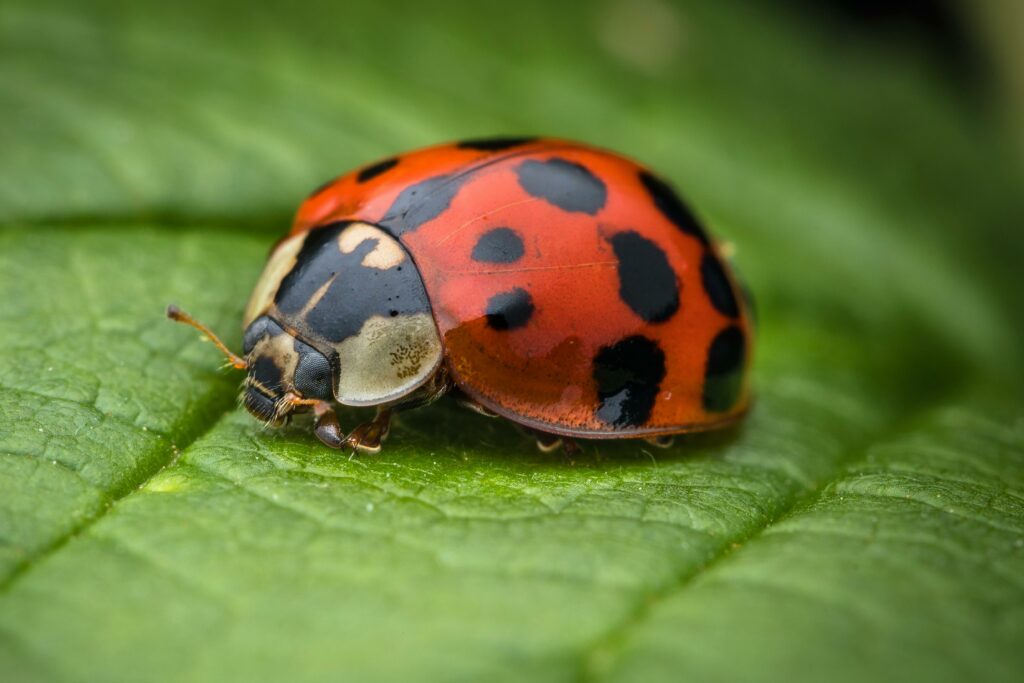
Ladybugs are another garden favourite. These vibrant beetles are natural predators of aphids, which are notorious for damaging plants. By introducing ladybugs into your garden, you can reduce the need for chemical pesticides, leading to a more natural and sustainable gardening practice.
Enhancing Soil Health
The presence of mini beasts like beetles, ants, and centipedes helps break down organic matter, turning dead leaves and plant material into nutrient-rich compost. This decomposition process enriches the soil with essential nutrients, promoting healthy plant growth and increasing the overall vitality of your garden.
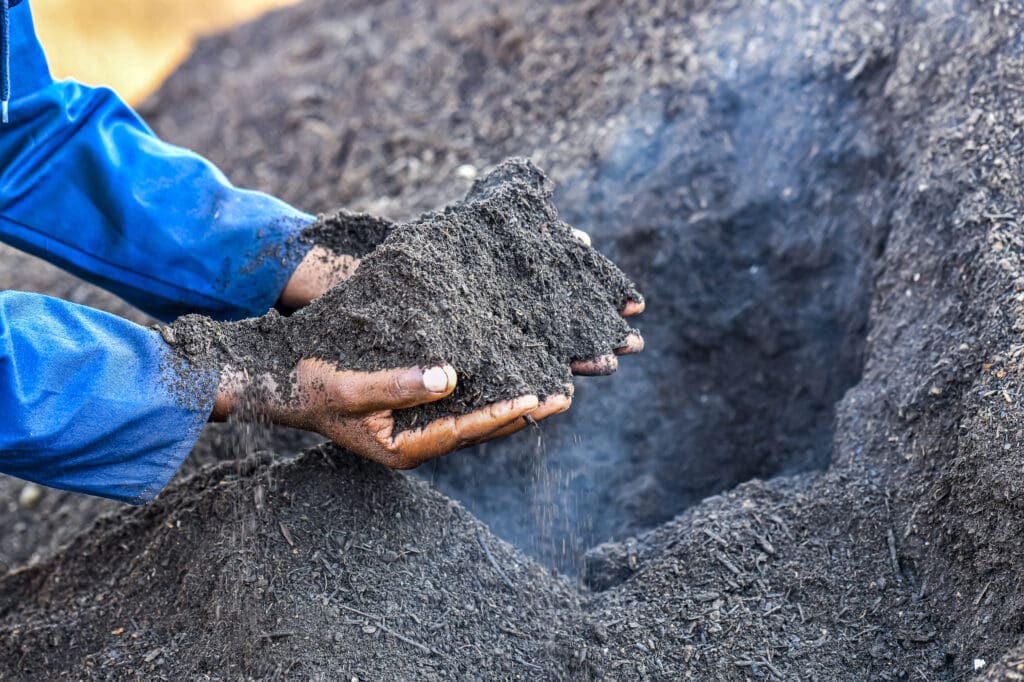
Pollination Partners
Bees and butterflies are perhaps the most well-known mini beasts that contribute to garden health through pollination. These insects transfer pollen from one flower to another, facilitating the reproduction of many plants. A garden teeming with pollinators is likely to have more abundant blooms and healthier plants, contributing to a vibrant and colourful landscape.
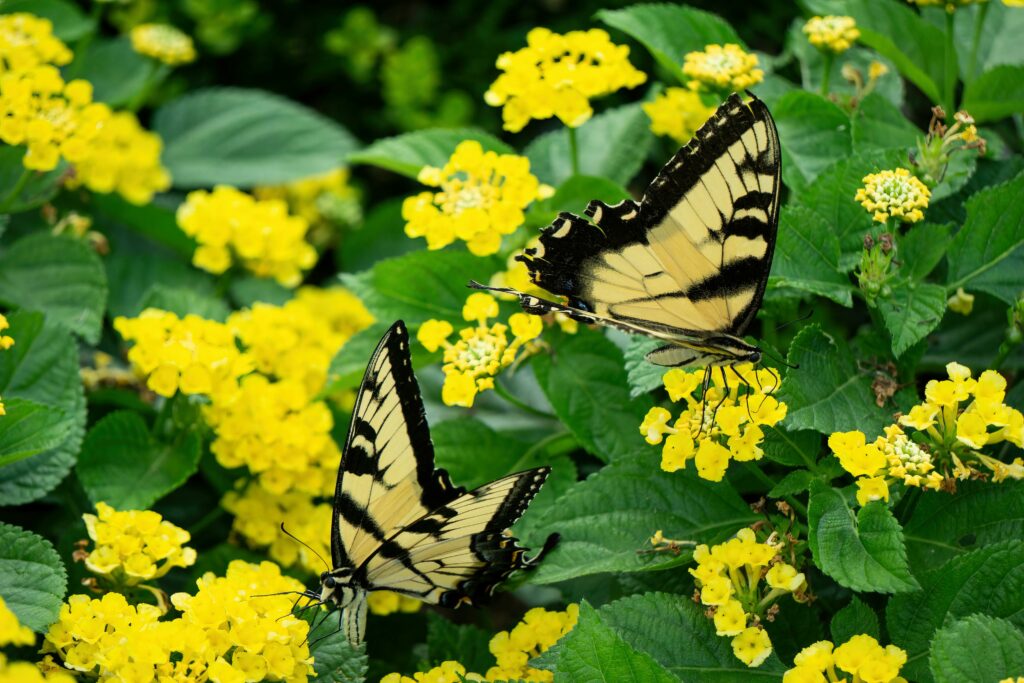
Natural Pest Control
Encouraging a diverse population of mini-beasts can create a balanced ecosystem in your garden. Predatory insects, such as spiders and predatory beetles, help keep pest populations in check, reducing the need for synthetic pesticides. This natural pest control method not only protects your plants but also supports a healthier environment.
To Create a Mini Beast-Friendly Garden Consider Incorporating the Following Elements:
Native Plants: Planting a variety of native flowers and shrubs can provide food and habitat for local mini-beasts. Native plants are well-suited to your local climate and soil conditions, making them an excellent choice for promoting biodiversity.
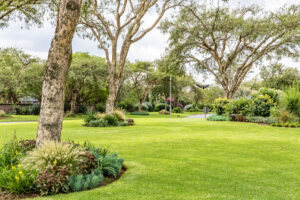
Compost Piles: A compost pile is a haven for many decomposers like earthworms and beetles. It also provides a steady supply of organic matter to enrich your soil.
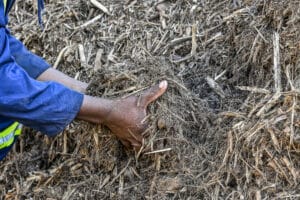
Water Sources: Small ponds or water features can attract beneficial insects like dragonflies and provide drinking water for other mini beasts.

Leaf Litter and Logs: Leaving areas of leaf litter and fallen logs in your garden can create a habitat for beetles, centipedes, and other ground-dwelling creatures.

Avoid Pesticides: Minimize the use of chemical pesticides to protect beneficial insects. Opt for natural pest control methods whenever possible.

Conclusion
We believe in harnessing the power of nature to create stunning, sustainable gardens. By welcoming mini beasts into your outdoor spaces, you can enjoy a healthier, more resilient garden that thrives with minimal intervention. Embrace these tiny allies and watch your garden flourish in ways you never imagined
